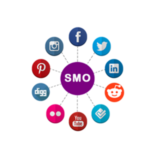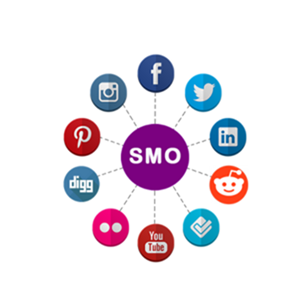Introduction: Embracing the Remote Work Revolution
In recent years, the landscape of work has undergone a profound transformation, largely fueled by advancements in technology and changing attitudes towards workplace flexibility. The rise of remote work, once considered a novelty, has now become a mainstream phenomenon, reshaping how businesses operate and how employees approach their careers.
The Rise of Remote Work: A Paradigm Shift
The concept of remote work is not new, but its widespread adoption has accelerated in recent times. Enabled by digital tools and high-speed internet, employees can now collaborate seamlessly from anywhere in the world. This shift has been driven by several factors, including the desire for greater work-life balance, the need to reduce commuting time, and the rise of a globalized workforce.
Benefits of Remote Work for Businesses and Employees
Remote work offers a myriad of benefits for both businesses and employees. For businesses, it can lead to increased productivity, reduced overhead costs, and access to a larger talent pool. Employees, on the other hand, enjoy greater flexibility, improved job satisfaction, and reduced stress levels. Moreover, remote work can contribute to a more sustainable environment by minimizing the need for daily commutes.
Challenges and Solutions in Remote Work Environments
While remote work offers many advantages, it also presents unique challenges that must be addressed. One such challenge is the potential for decreased communication and collaboration among team members. To overcome this, businesses are leveraging collaboration tools such as Slack, Zoom, and Microsoft Teams to facilitate seamless communication and project management. Additionally, establishing clear expectations and boundaries can help mitigate common issues such as work-life balance and burnout.
Trends Shaping the Future of Remote Work
As remote work continues to evolve, several key trends are shaping its future trajectory. One such trend is the rise of hybrid work models, where employees split their time between remote and in-office work. This hybrid approach allows businesses to reap the benefits of remote work while maintaining a sense of community and collaboration in the office. Another emerging trend is the globalization of remote teams, with companies increasingly hiring talent from around the world to build diverse and dynamic teams.
Predictions for the Future of Remote Work
Looking ahead, the future of remote work appears promising, with continued growth and innovation on the horizon. We anticipate that remote work will become even more ingrained in the fabric of modern workplaces, with a greater emphasis on flexibility, autonomy, and work-life balance. Moreover, advancements in technology, such as virtual reality and augmented reality, may further enhance the remote work experience, creating immersive virtual environments where teams can collaborate and innovate seamlessly.
Conclusion: Embracing a New Era of Work
In conclusion, the future of remote work is bright and full of possibilities. As businesses and employees alike embrace this paradigm shift, we can expect to see continued innovation, collaboration, and flexibility in the way we work. By leveraging the latest technologies and adopting a forward-thinking mindset, we can unlock the full potential of remote work and usher in a new era of productivity and prosperity.











